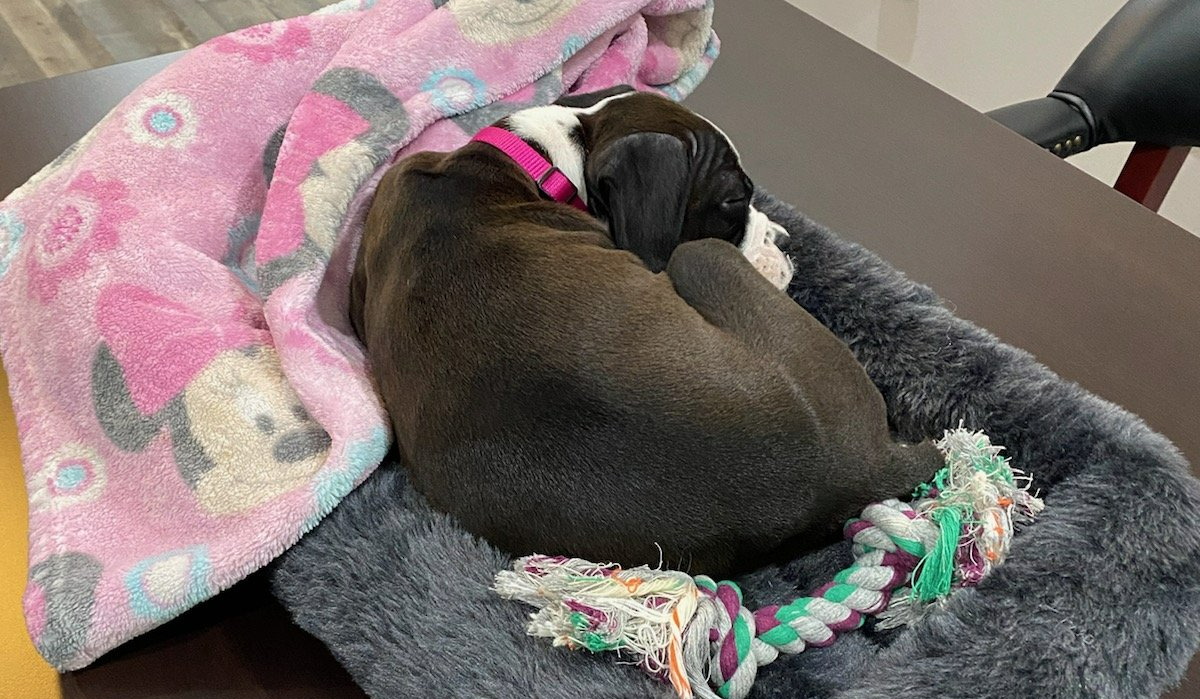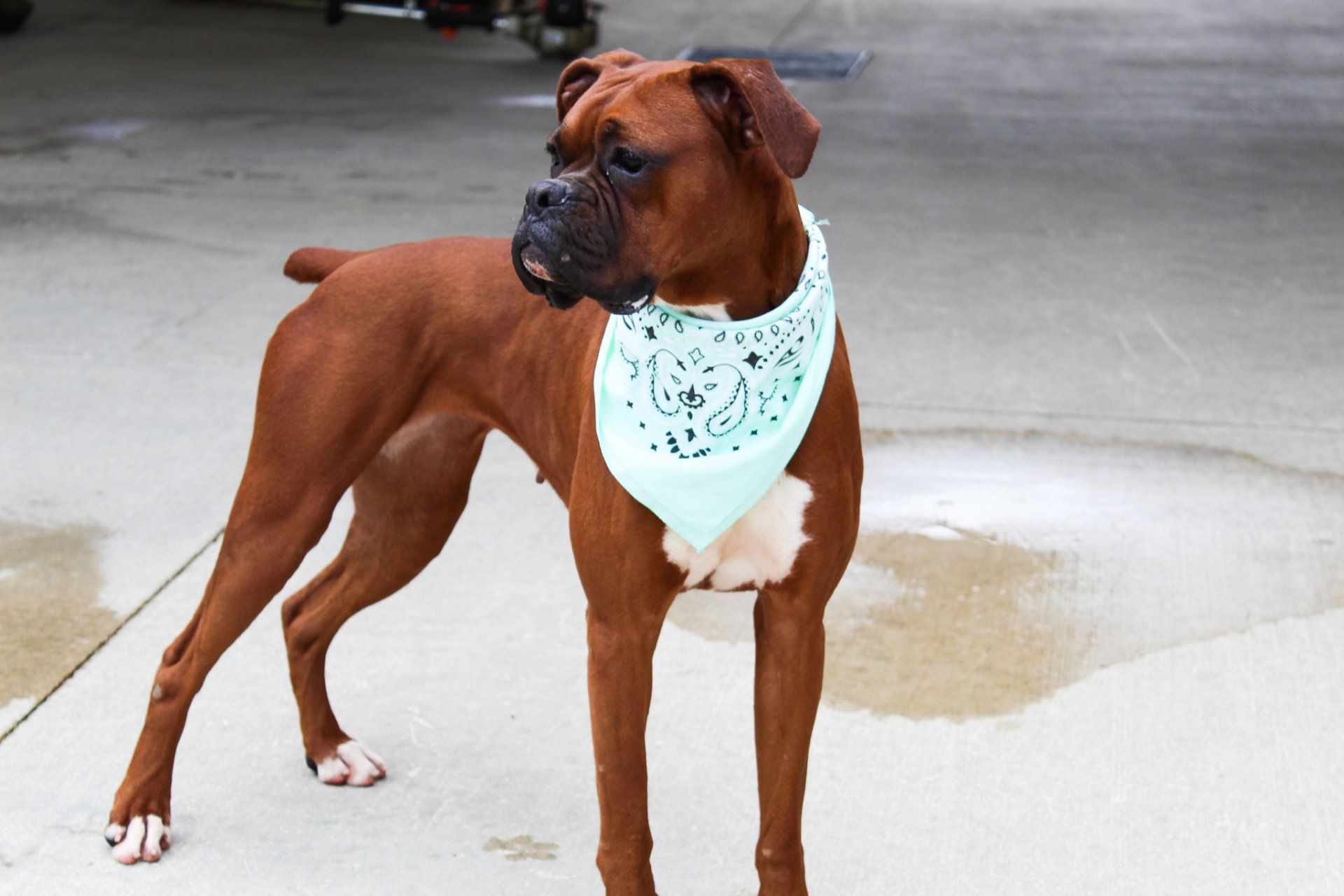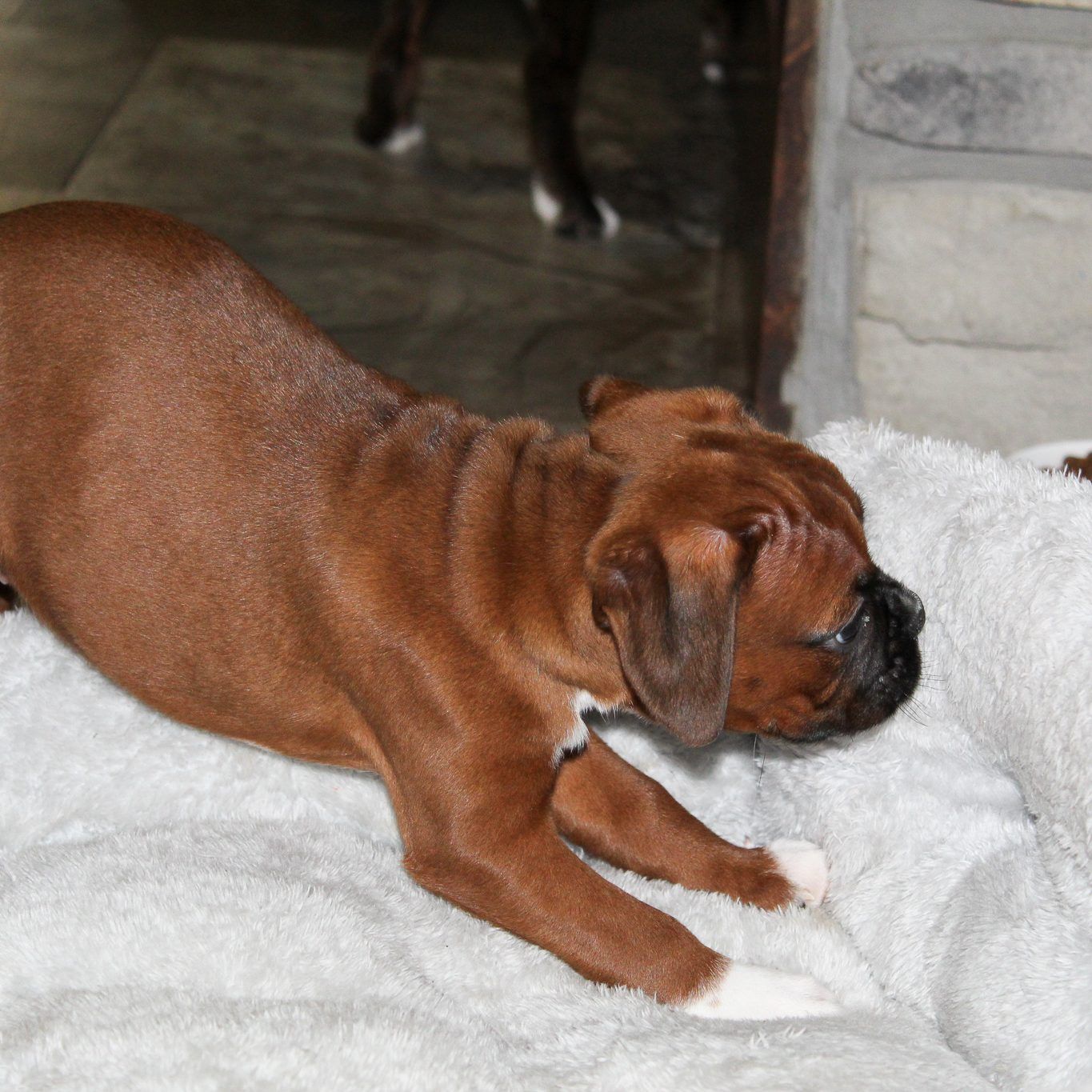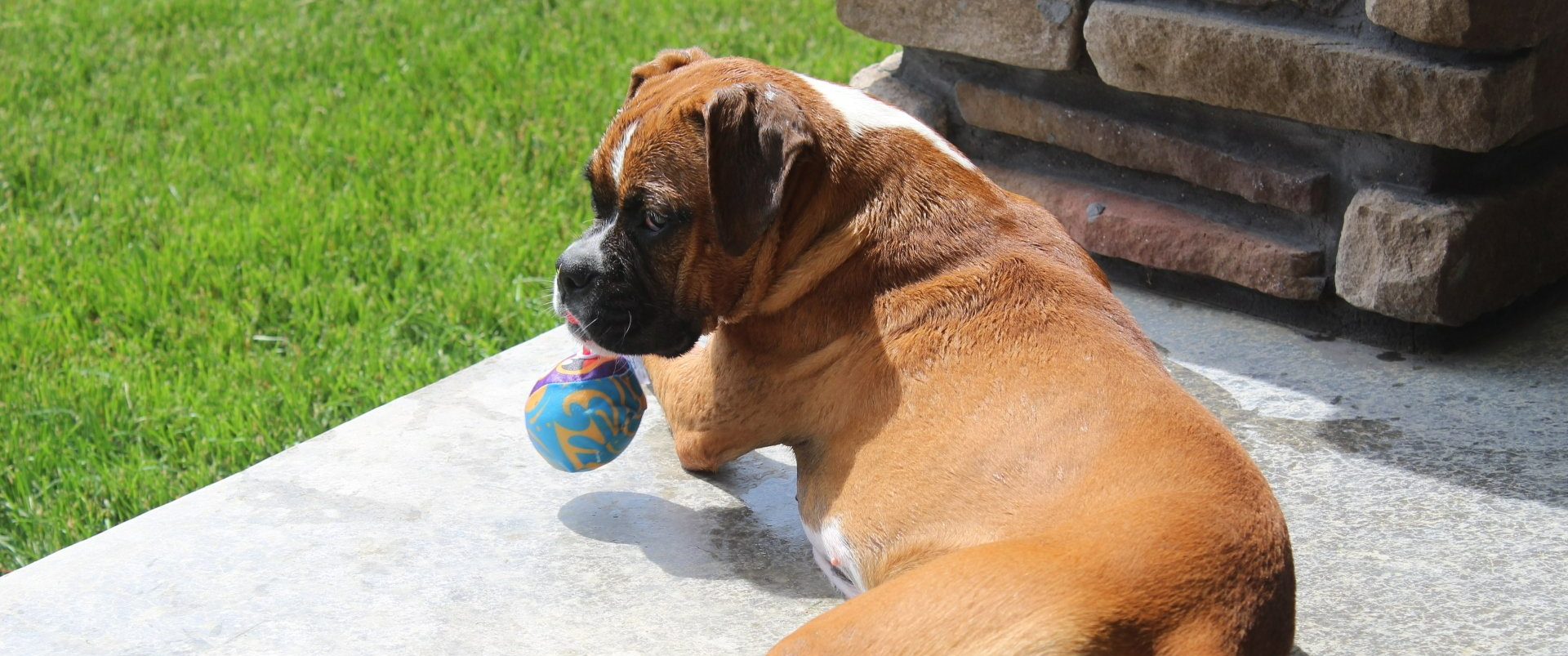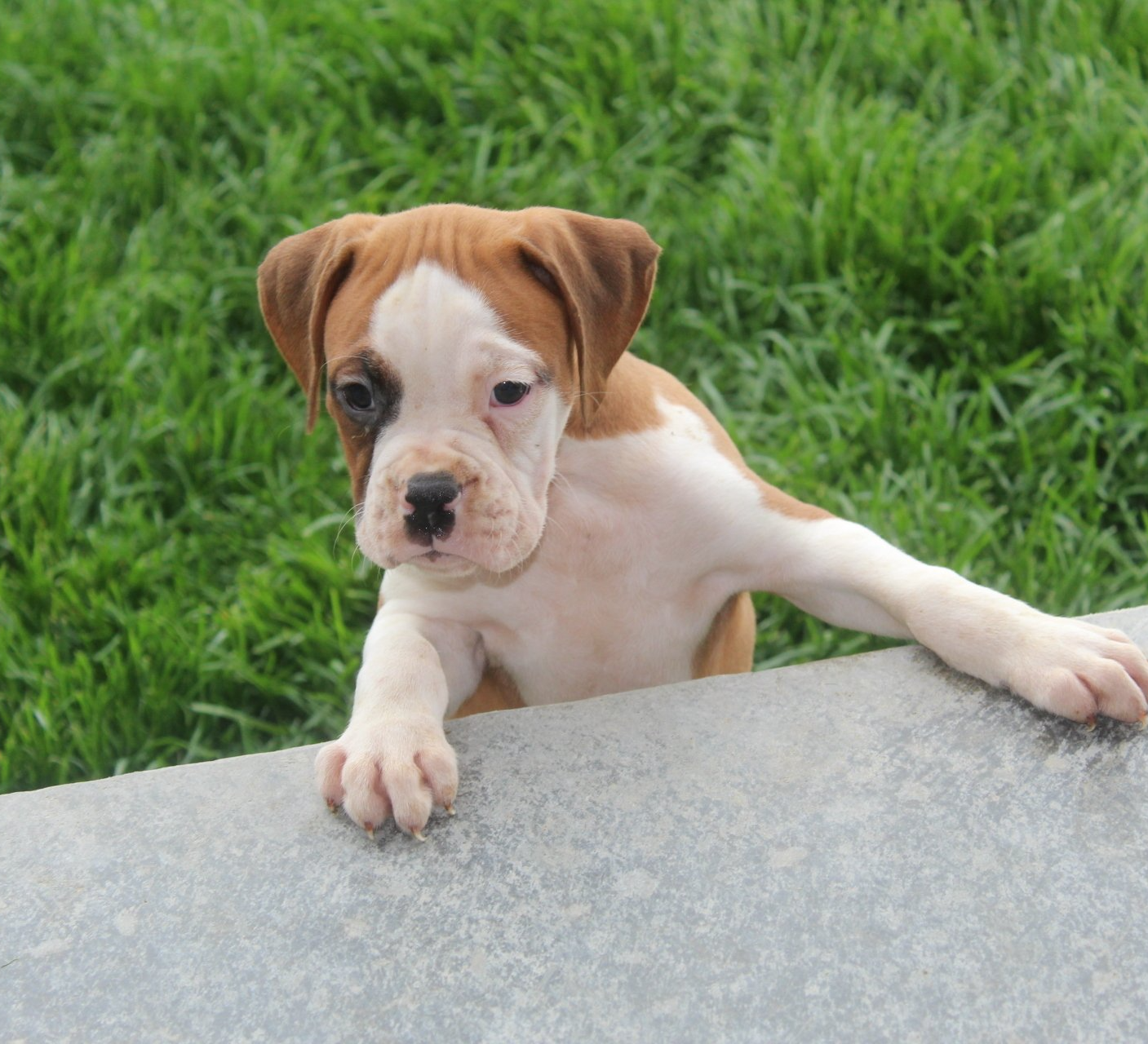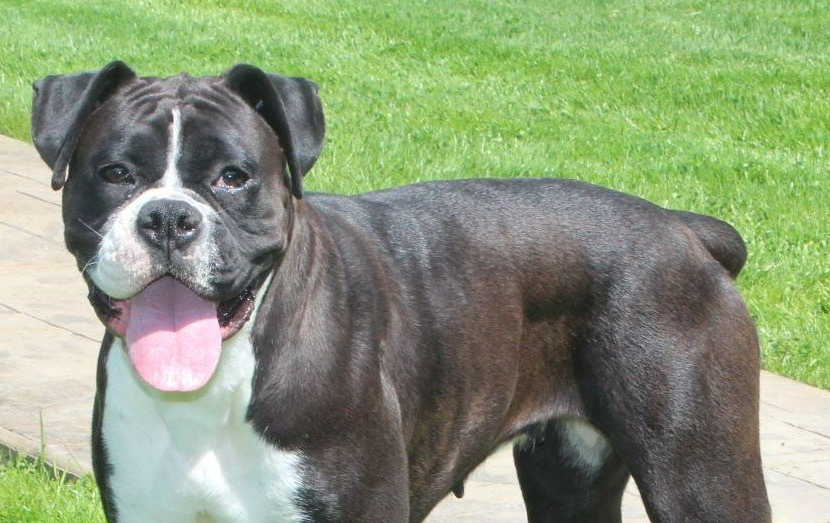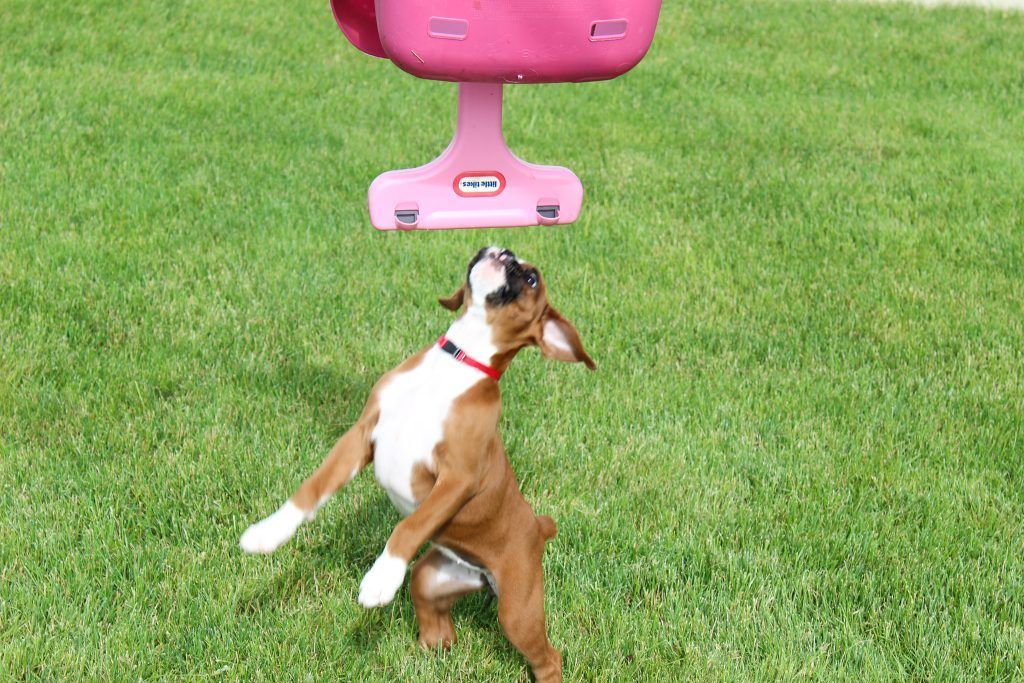WHAT IF MY BOXER ACTS DEPRESSED? (Part Two)
WHAT TO DO IF MY BOXER ACTS DEPRESSED? (Part 2)
As we discussed in Part 1 of “What to do if my Boxer acts depressed” we are going to briefly review the facts we discussed previously just in case you haven’t read it yet. While there are several reasons your Boxer could be facing depression, the one we are going to focus on in this post is what to do after the loss of an owner or a canine playmate. Before we do, let’s review the symptoms your Boxer may be facing.
Symptoms of depression in your Boxer dog or puppy
Often times owners notice right away when their Boxer is suffering from depression. They “just won’t be themselves” and begin to act mopey and down with little to no energy. In many cases they will actually look sad with very little expression in their faces and eyes.
There are 3 basic behavior changes that almost always accompany depression in a Boxer that are quite easy for an owner to notice. These symptoms include:
- Your dog may lose most or all of their appetite.
- Your Boxer may display little to no energy and refuse to participate in activities such playtime or go for walks, instead preferring to lay around.
- You may notice that your Boxer sleeping a lot more than usual.
How to help your Boxer cope with symptoms of depression after the loss of one or both of its owners or a canine playmate
Let’s start by recognizing that this is a very difficult situation for your Boxer to face. Dogs have long been known to mourn in very similar ways to their human counterparts. In many cases, time is ultimately what is needed to see them fully cured. In some more serious cases, your Boxer may not show signs of rebounding and may display a severe lack of appetite causing medical intervention to become necessary. We want to avoid malnutrition and dehydration at all costs, and these can set in rapidly, so don’t wait long to take action.
If the loss is recent, it may be helpful to give your dog a piece of clothing or another item that has the scent of the owner or playmate that was lost, as it can ease the pain and make the transition easier.
When the wound of the loss has begun to heal, it can be very helpful to introduce your Boxer to a new playmate. If your Boxer has lost one or both of their owners, the new (or remaining) caregiver needs to devout extra time out of their schedule to spend with the dog. This would include going for walks, chasing a frisbee or tennis ball, and so on. This will help to create or strengthen their bond with their current caregiver and help them recover from the loss they have experienced.
When all else fails, and nothing seems to be helping, your veterinarian may be able to prescribe medications such as Prozac in very small doses to help improve the Boxer’s mental health. This is a last result, and you should always discuss these and other options with a trusted and licensed Clinical Veterinarian.
